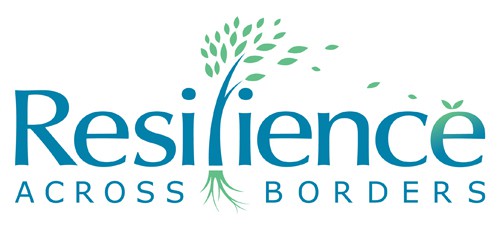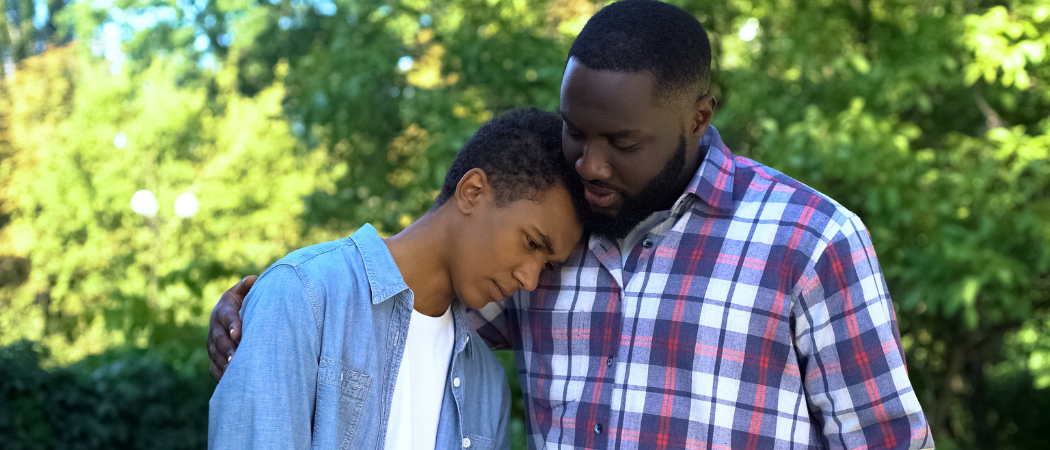As another year draws to a close, you may find yourself in a reflective mood. This process of looking backward and forward can be particularly painful if you are grieving. These past two years have brought unprecedented loss. Loss of the lives of people we love, loss of income, loss of opportunity, loss of social contact. Grief is the emotional and psychological reaction to loss. It is accompanied by feelings of sadness and a longing to see, talk to or simply be with who we’ve lost once again. While the grief process can seem unbearable, it is possible to lighten the burden.
There is no right way to grieve
The process of grieving is individual—there is no road map showing you the “correct” path. The pain of longing can feel insufferable and the desire to have some relief is overwhelming. However, you can’t hurry the process. There are no shortcuts. Do not critique your process, do not judge your feelings. Whatever you are experiencing during this time is true. Avoid the temptation to compare how you are “doing” with how others seem to be managing. Grant yourself the permission to feel the profound sadness of loss and resist the temptation to restrict it.
Feelings are often irrational
You may notice that you can become overwhelmed with feelings that come out of the blue and make no sense. Emotions are not rational. Guilt and regret are two emotions that can be especially difficult to manage. You may find yourself ruminating about events that you wish you had done differently. Guilt and regret will make you say things like “I should have done more” or “Why did I say (or not say) that?” To extract yourself from this regret loop, change the “I should have” to “I wish.” Statements that include “should have” come with shame whereas wish statements reflect the humble fact that we cannot control the past. Guilt and regret arise when we focus on the things that did not go in the direction that we wanted. It is important to acknowledge these memories, but know that they are a small part of the more complete picture that captures the more loving aspects of your relationship.
Making a new relationship with the one who has died
If what you are grieving is the loss of a loved one, know that even though their body has departed, you can continue the relationship in a new form. Just as there is no right way to grieve, there is no right way for the relationship to continue. Remain open and know that it is possible. In my own life, after my mother died, I continued to be in contact with a dear friend of hers. In our conversations, we shared stories about my mother, revealing attributes about her that were unknown to the other. Knowing my mother more fully has allowed my relationship with her to strengthen in a new and beautiful way.
Offering support
Many people worry about what to say to people who are grieving. Most experts agree that what you say is not as important as simply saying something. Many people who have suffered a loss want to talk about that person endlessly while others are uncomfortable talking. You can start with “Are you OK talking about him/her?” If the answer is yes, you can prompt with questions like: “What were they like?” “What made you love them so much?” “What about them made you giggle, cry, feel proud?” Grief is a lonely process that can be easier to endure with support from others. Do not be afraid to offer that support.
Additional resources
For Children:
- Cry, Heart, but Never Break: A Remarkable Illustrated Mediation on Loss and Life by Glenn Ringtved
- The Invisible String by Patrice Karst
- The Fall of Freddie the Leaf by Leo Buscaglia, PhD
For Teens:
- Straight Talk about Death for Teenagers by Earl Grollman
- Modern Loss: Candid Conversations about Grief by Rebecca Soffer and Gabrielle Birkner
For Adults
- The Year of Magical Thinking by Joan Didion
- How to Go on Living When Someone You Love Dies by Therese Rando PhD
- Bearing the Unbearable by Joanne Cacciatore, PhD
Dr. Anne Hayes is a certified Child and Adolescent Psychiatrist in private practice in Bethesda, MD. Dr. Hayes completed medical school, residency, and fellowship training at Georgetown University. She worked in the community mental health setting for many years before transitioning to a full-time private practice.

